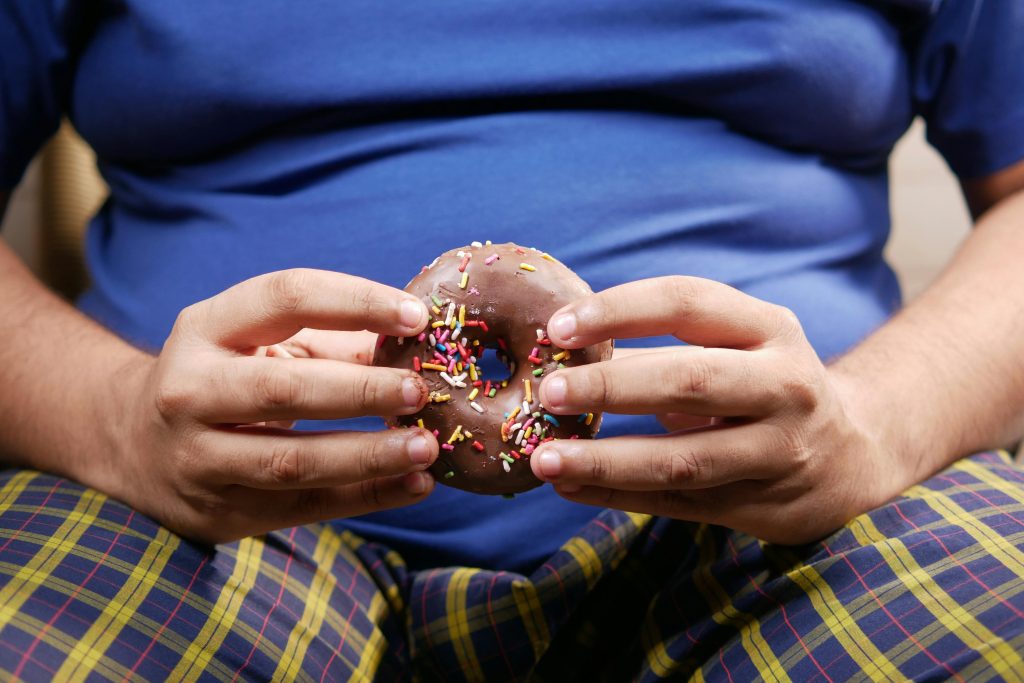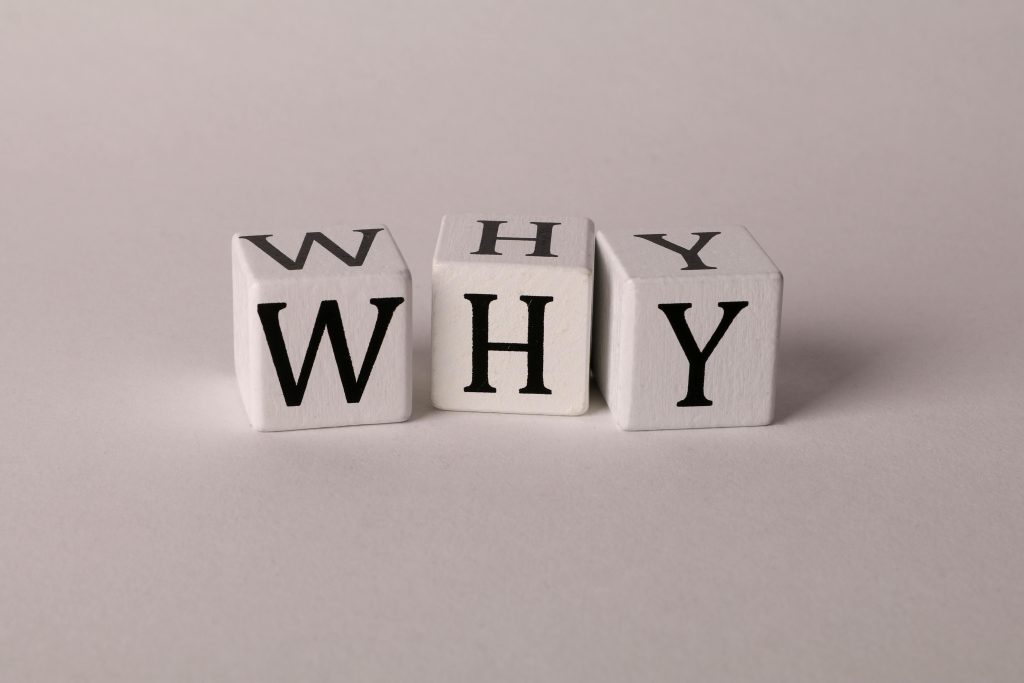The Compassionate Comeback
That late-night pizza, the unplanned office cake, the weekend barbecue that spiraled – we’ve all been there. Diet setbacks, those moments when our well-intentioned plans crumble under the weight of temptation or circumstance, are an inevitable part of the journey toward healthier eating. However, how we respond to these slips is what truly dictates our long-term success. Punishment! If your immediate instinct is to punish yourself, to engage in restrictive behaviors, or self-berating thoughts, then this is for you.
As a behavior change specialist, I can tell you with unwavering certainty: punishment will not resolve your diet setback. In fact, it will likely exacerbate it, creating a vicious cycle of guilt, restriction, and further overindulgence. Instead of wielding the stick of self-reproach, we need to cultivate a landscape of compassion, understanding, and strategic recovery.
Let’s delve into why punishment is such a counterproductive approach and, more importantly, explore the evidence-based strategies that will help you gracefully navigate diet deviations and emerge stronger than before.

The Futility of Food Penance: Why Punishment Backfires
Our brains are wired to respond to punishment with fear and avoidance, not with sustainable behavioral change. When you punish yourself for a diet setback, you’re essentially creating a negative association with the entire process of healthy eating. This can manifest in several detrimental ways:
- Fueling the “Forbidden Fruit” Effect: Restricting yourself further after a perceived “bad” meal only intensifies cravings for those very foods. The more you label something as off-limits, the more desirable and alluring it becomes. This psychological phenomenon often leads to a rebound effect, where the pent-up deprivation culminates in another overindulgence. Think of it like a coiled spring – the more you compress it, the more forcefully it will bounce back.
- Triggering the “What the Hell” Effect: Once you’ve labeled yourself as having “failed” or “blown it,” the tendency is to throw caution to the wind entirely. The internal monologue might sound something like, “Well, I’ve already ruined my diet, so what’s the point of trying anymore?” This all-or-nothing mentality can lead to a complete abandonment of your healthy habits, turning a small stumble into a full-blown relapse.
- https://www.bariradka.com/2024/07/14/all-or-nothing-thinking/ Here you have detailed post about this way of thinking
- Elevating Stress and Cortisol Levels: Self-punishment is inherently stressful. The guilt, shame, and anxiety associated with it trigger the release of cortisol, the body’s primary stress hormone. Chronically elevated cortisol levels have been linked to increased cravings for palatable, high-calorie foods, particularly those high in sugar and fat – the very foods you’re likely trying to avoid. This creates a physiological drive toward the behaviors you’re trying to suppress.
- Damaging Your Relationship with Food: Viewing food as “good” or “bad” and associating eating with guilt and punishment fosters an unhealthy and disordered relationship with food. This can lead to anxiety around eating, obsessive thoughts about food, and even contribute to the development of eating disorders. Food should be a source of nourishment and enjoyment, not a battleground for self-flagellation.
- Undermining Self-Efficacy and Motivation: Constantly berating yourself erodes your self-belief and confidence in your ability to achieve your health goals. It reinforces a narrative of failure, making it harder to pick yourself up and recommit to your healthy habits. Motivation thrives in an environment of encouragement and progress, not in the shadow of self-criticism.

The Path to Compassionate Recovery: Evidence-Based Strategies
Instead of punishment, a more effective approach involves self-compassion, understanding the underlying causes of the setback, and implementing strategic recovery measures. Here’s a roadmap to navigate diet deviations with grace and resilience:
- Acknowledge and Accept Without Judgment: The first step is to recognize that a setback has occurred without immediately resorting to self-blame. Remind yourself that everyone experiences these moments. Observe the situation objectively: What happened? What were the circumstances? Avoid labeling yourself as “weak” or “disciplined.” Simply acknowledge the event as a data point in your journey.
- Practice Self-Compassion: Treat yourself with the same kindness and understanding you would offer a friend in a similar situation. Instead of harsh criticism, offer words of comfort and reassurance. Recognize that you are human, and imperfections are part of the process. Mindfulness techniques can be particularly helpful in cultivating self-compassion.
- Identify the Triggers: Once the initial emotional wave has passed, take some time to reflect on what might have contributed to the setback. Were you overly stressed? Did you skip a meal and become overly hungry? Were you in a social situation where it was difficult to stick to your plan? Identifying these triggers can provide valuable insights for preventing similar situations in the future.
- Avoid Extreme Compensatory Measures: The urge to “make up” for a dietary slip by drastically restricting calories or engaging in excessive exercise is a form of punishment. This can lead to nutrient deficiencies, fatigue, and an increased risk of further overeating. Instead of extreme measures, focus on getting back to your regular healthy eating pattern with your next meal.

- Re-Establish Your Routine: The most effective way to recover from a setback is to gently guide yourself back to your established healthy habits. This might involve focusing on balanced meals, incorporating plenty of fruits and vegetables, staying hydrated, and engaging in regular physical activity. Consistency is key.
- Focus on the Big Picture: One meal or even one day of less-than-ideal eating will not derail your long-term progress. Remember the cumulative effect of your consistent healthy choices. Shift your focus from the isolated setback to the overall trajectory of your health journey.
- Learn and Adjust: View setbacks as learning opportunities. What can you glean from this experience that will help you navigate future challenges more effectively? Perhaps you need to develop better strategies for social eating, manage stress more effectively, or adjust your meal timing to prevent extreme hunger.
- Seek Support: Don’t hesitate to reach out to a friend, family member, therapist, or registered dietitian for support. Talking about your challenges can help you gain perspective and develop effective coping strategies. A supportive network can provide encouragement and accountability.
- Practice Forgiveness: Holding onto guilt and shame will only weigh you down. Forgive yourself for the setback and move forward with renewed intention. Remember that progress is rarely linear, and setbacks are simply part of the process.
- Refocus on Your “Why”: Reconnect with your underlying motivations for pursuing a healthier lifestyle. What are your long-term goals? Reminding yourself of these reasons can help you regain focus and commitment after a slip.

Shifting the Narrative: From Punishment to Progress
The language we use with ourselves matters. Instead of framing diet setbacks as failures deserving of punishment, we need to reframe them as normal occurrences on the path to progress. These moments offer valuable opportunities for learning, growth, and the development of greater resilience.
Imagine a child learning to ride a bicycle. They will inevitably fall a few times. Do we punish them for falling? No, we offer encouragement, help them get back on the bike, and celebrate their eventual success. We need to extend that same compassion and understanding to ourselves in our health journeys.

Conclusion: Embrace the Detour, Not the Demolition
Diet setbacks are not roadblocks; they are merely detours. How you navigate these detours will ultimately determine your success. Choosing punishment is like trying to fix a flat tire by slashing the other three – it only creates more problems. Instead, embrace self-compassion, learn from the experience, and gently steer yourself back onto the path of healthy eating. Remember, sustainable change is built on a foundation of understanding, patience, and unwavering kindness towards yourself. Your journey to a healthier you is a marathon, not a sprint, and every step, even the stumbles, contributes to your overall progress. So, ditch the self-punishment and embrace the compassionate comeback – your body and mind will thank you for it.